What Is Frozen Shoulder?
Frozen shoulder, or adhesive capsulitis, is a condition where the capsule of the shoulder joint becomes inflamed, thickened, and tight. This leads to a significant reduction in shoulder movement and often severe pain. It usually progresses through three phases:
- Freezing Phase (2–9 months): Gradual onset of pain and progressive loss of motion
- Frozen Phase (4–12 months): Pain may ease slightly, but stiffness remains
- Thawing Phase (1–3 years): Gradual return of mobility
It typically affects people aged 40–60 and is more common in individuals with diabetes, thyroid issues, prior trauma, or prolonged immobility. In many cases, there’s no clear cause.
Why Is Frozen Shoulder So Hard to Treat?
- The joint capsule becomes fibrotic and contracted
- Even mild stretching can trigger sharp pain
- Standard treatments — physiotherapy, corticosteroid injections — may only offer temporary or partial relief
- Recovery can be slow, often taking years
Where Does Shockwave Therapy Fit In?
Shockwave therapy (specifically radial extracorporeal shockwave therapy, or rESWT) uses acoustic pulses to stimulate healing. In frozen shoulder, it can help by:
- Reducing local inflammation
- Desensitising irritated nerve endings
- Stimulating blood vessel formation and collagen remodelling
- Improving the range of motion when combined with targeted rehabilitation
When applied at the right stage, shockwave therapy may help patients progress through the frozen shoulder cycle more quickly and comfortably.
What Does the Research Say?
Wang et al. (2008, Journal of Orthopaedic Research)
30 patients received 3 sessions of shockwave therapy over 3 weeks.
→ Results: Significant improvements in pain (VAS), range of motion, and function (Constant Shoulder Score).
Notarnicola et al. (2012, Ultrasound in Medicine & Biology)
Compared radial shockwave therapy + rehab vs rehab alone.
→ Results: The combined group had better pain relief and mobility at 6 months.
MDPI Journal of Clinical Medicine (2021)
Shockwave vs corticosteroid injections in diabetic patients.
→ Results: Comparable or better improvements in pain and mobility, with fewer side effects in the shockwave group.
Emerging studies also support the use of focused or radial shockwave therapy in combination with rehab, especially in the early stages of adhesive capsulitis. While more research is needed to define exact protocols, the trend points to faster and more effective recovery when used under professional supervision.
Tensegrity’s Clinical Perspective
At Tensegrity Sports Clinics, we use shockwave therapy as part of a structured treatment plan for frozen shoulder, particularly during the freezing and frozen phases. It’s ideal for:
- Night pain that disrupts sleep
- Inability to lie on the affected side
- Stiffness that isn’t improving with stretching
- Avoiding repeated injections or surgery
We pair shockwave with manual therapy, stretching protocols, and guided rehab to get results faster and more comfortably.
Treatment Plan & What to Expect
| Treatment Stage | Details |
| Sessions | 1 per week for 3–6 weeks (based on severity) |
| Duration per session | 15–20 minutes of shockwave + rehab exercises |
| Initial Response | Pain relief and slight ROM gains by session 2–3 |
| By 6–8 Weeks | Noticeable reduction in stiffness, improved mobility |
| Full Course | Most patients need 6–8 sessions |
| Follow-Up | Home program + review at 3 months post-treatment |
Recovery Timeline
- 2–4 weeks: Initial pain relief, especially at night
- 6–8 weeks: Increased range of motion and function
- 3–6 months: Ongoing gains with rehab and strengthening
Shockwave therapy won’t cure frozen shoulder overnight — but it can speed up the recovery curve, reduce pain, and help you regain function sooner than waiting it out alone.
When Should You Consider Shockwave?
You may benefit from shockwave therapy if:
- You’ve had frozen shoulder symptoms for more than 2 months
- You’re not progressing with standard rehab or injections
- You want a non-invasive, evidence-supported treatment
- You’re keen to return to work, sport, or daily activity sooner
Sydney Chiropractor’s Final Thoughts
Frozen shoulder is frustrating, but you don’t have to suffer through years of pain and stiffness. With the right combination of shockwave therapy and rehabilitation, recovery can be faster, less painful, and more effective.
Book Your Shockwave Consultation
Call Tensegrity Sports Clinics or book online at www.tensegrity.com.au.
Regain movement. Relieve pain. Get back to living.
